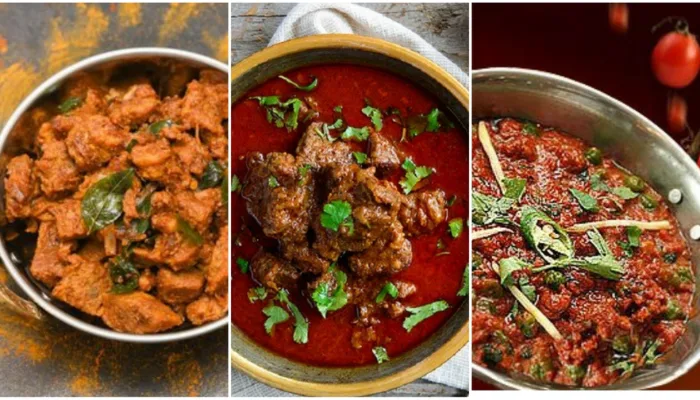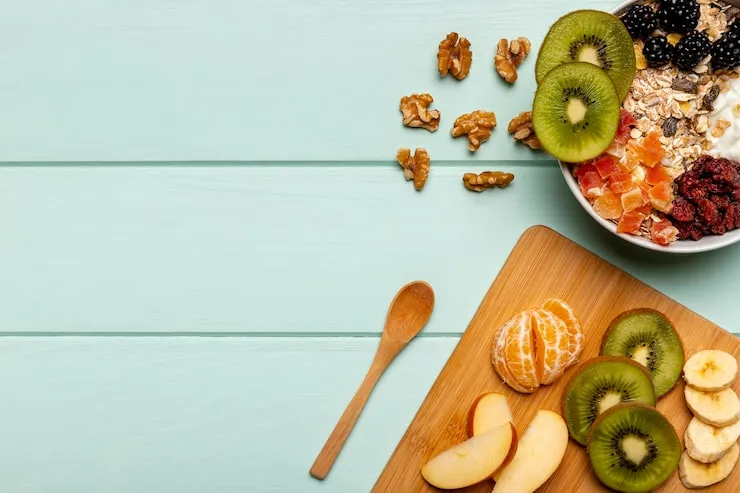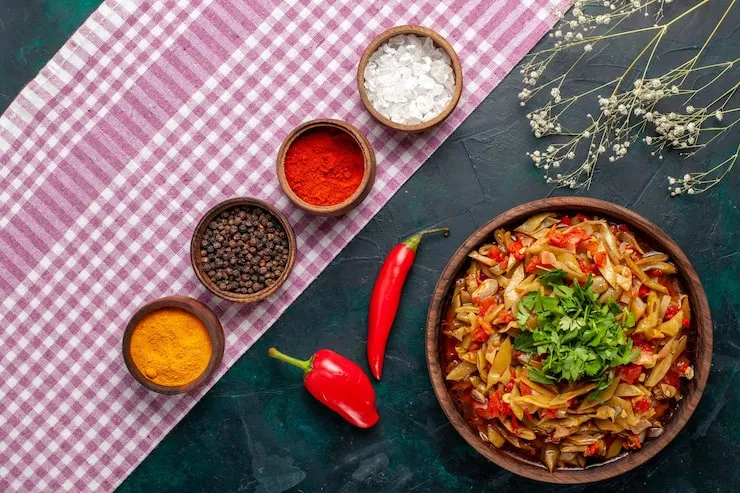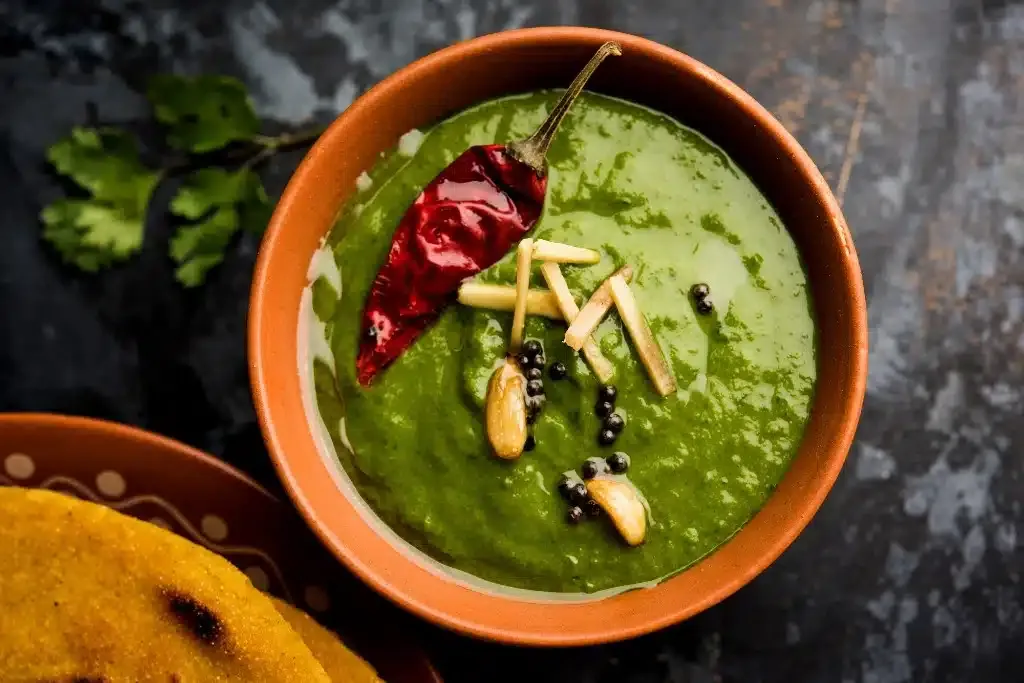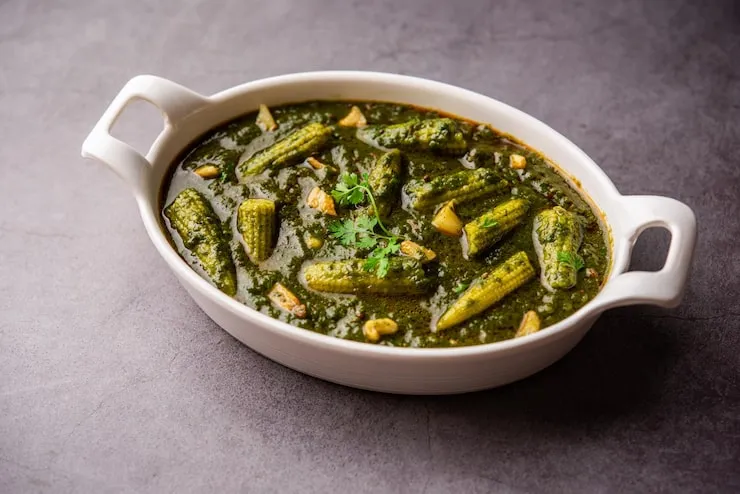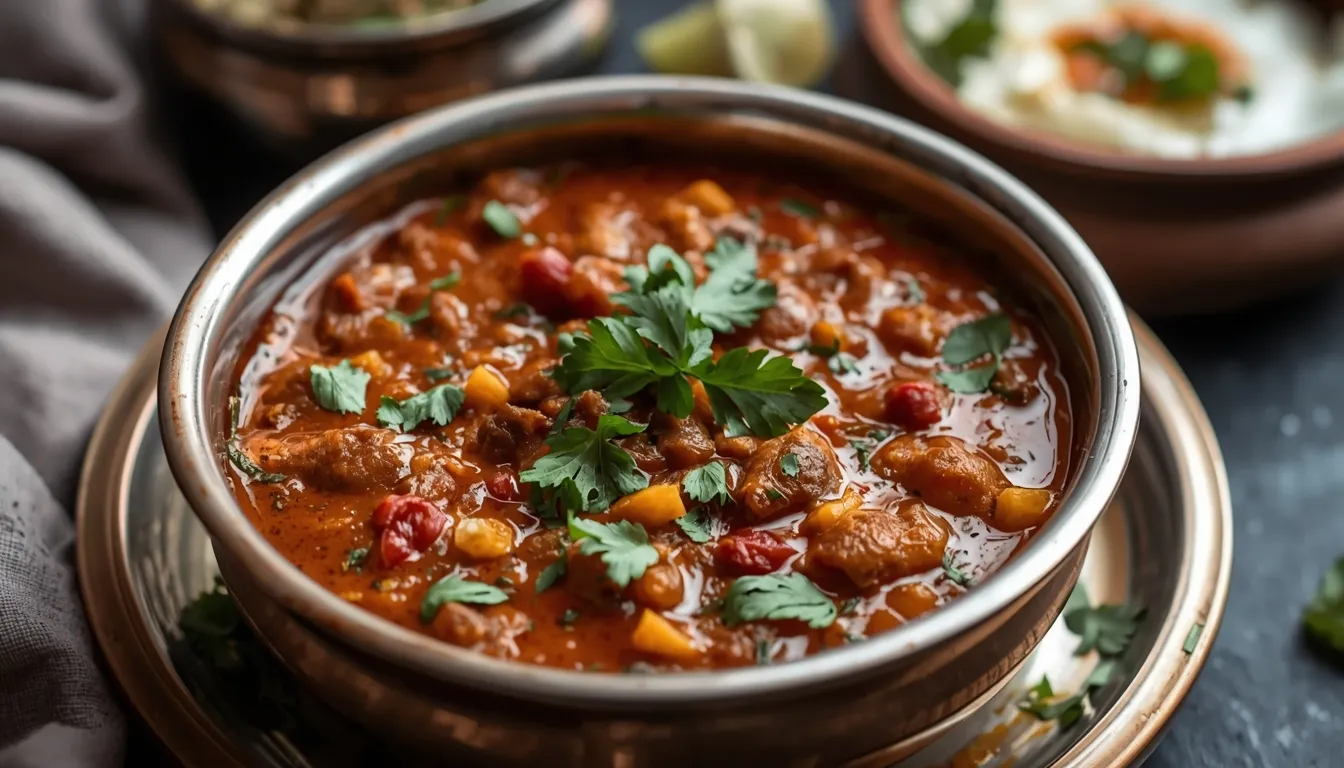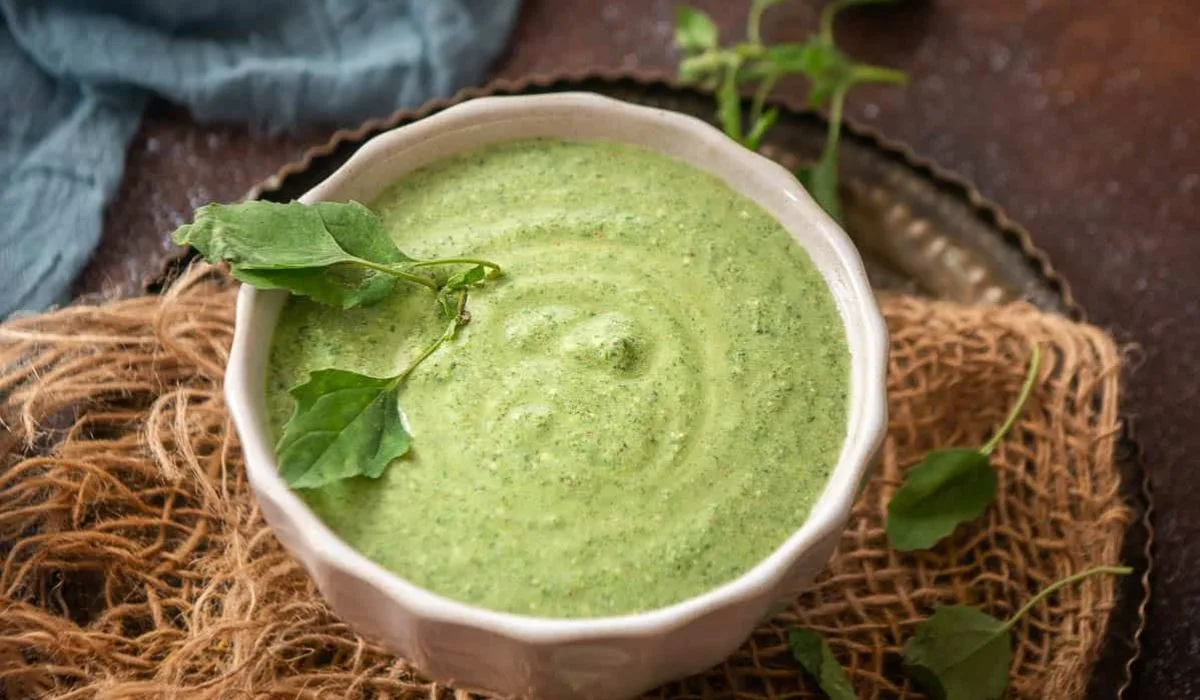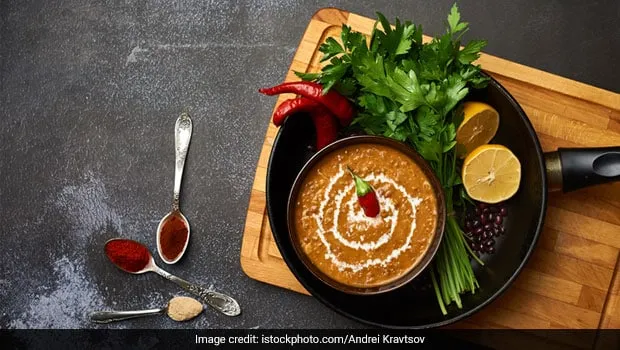In Bengal, the week doesn’t begin on Monday. Not really. It begins with mutton on Sunday.
Ask any Bengali what Sunday feels like, and chances are, they won’t mention alarm clocks or newspaper headlines. They’ll say, "Ma-er ranna mutton kosha" Mother’s slow cooked mutton curry. Soft rice, bits of tender meat, and garlic and bay leaf aroma drifting around the house help you to reset and get ready for the week ahead.
Food isn’t a footnote in a Bengali’s day. It’s the headline. And each day of the week, in its quiet, flavorful way, comes with its own signature dish. Not since someone established a rule but rather because tradition, taste, and timing came together that way.
Food not just defines Bengal's way of life, it also shapes it. Meals mark time here. Breakfasts spark stories, lunches bring pause, and dinners carry comfort. You don’t just eat the week.
In Bengal, you live it one dish at a time.Let’s take a walk through the Bengali week one plate at a time and explore 5 meals that define how Bengalis eat, feel, and live.
1. Sunday: Mutton Kosha & Steamed Rice
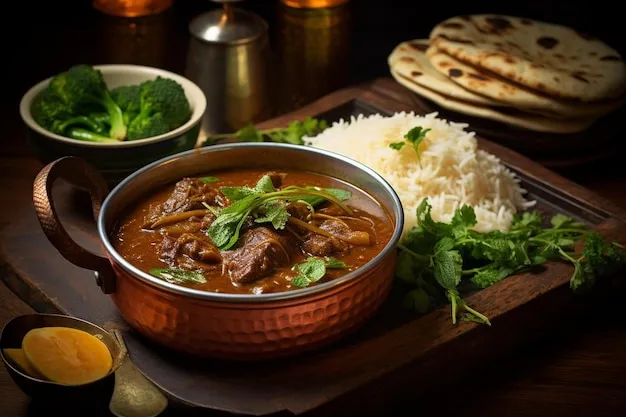
This one’s non-negotiable.
Sunday in a Bengali household means meat. And not just any meat. Kosha Mangsho is a delectable, slowly cooked mutton curry we are considering. The onions are browned gradually; the spices are encouraged to blossom; and the mutton is cooked until it falls off the bone. It's a rite, not a formula.
The day usually starts with a morning trip to the local meat market. And no, frozen meat just won’t do. The butcher knows the family’s preferences. Shoulder cut? A bit more fat? Less bone? These talks come out as easily as old buddies would.
The kitchen is buzzing by noon. Hand-pounding is under way, the pressure cooker quietly hissed, and someone is frying potatoes till they develop that ideal golden crust since yes, the potatoes in Kosha Mangsho are just as important.
Lunch is excellent, messy, and substantial. Plates are thoroughly cleaned. Everyone eats a little bit extra. And for a few hours everything seems to be perfect in the world.
2. Monday: Bitter Begins – Shukto to Cleanse the Slate
If Sunday is indulgent, Monday is restorative.
Bengalis don’t believe in crash diets or green smoothies. They have faith in Shukto, which is a mix of vegetables that tastes both bitter and sweet, containing drumsticks, unripe bananas, bitter gourd, and a bit of milk and mustard paste. It’s how the week begins on a balanced note.
In Ayurvedic tradition, bitter food is believed to detoxify. And the Bengali kitchen has, without labeling it, always followed this wisdom. Shukto isn’t punishment for Sunday’s feast. It’s the palate cleanser. The system reset.
Most homes serve it with warm rice and a spoonful of ghee. And yes, even kids are taught to appreciate the bitterness. In fact, you’ll often hear grandmothers say, “Jibon-er moto —shukto jeno thake.” Meaning, “Like life, a little bitterness is necessary.”
The cooking process itself is a bit delicate. You fry the bitter gourd separately. The mustard paste needs to be just the right amount to give a kick, but not too strong. And the final touch a pinch of sugar rounds out the dish. Bitterness, balance, beauty.
Read More: Why Homemade Food Still Matters in a Fast Takeout World?
3. Wednesday: Soul Food -Alu Posto & Dal
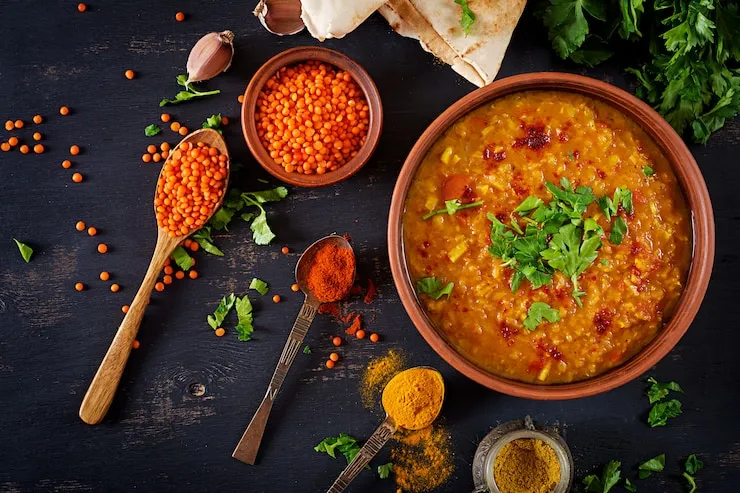
By the middle of the week, the body starts craving comfort. Nothing dramatic. Nothing heavy. Just something that tastes like home. Enter the unbeatable duo of Alu Posto (potatoes in poppy seed paste) and Musur Dal (red lentils).
Now, if you think this sounds “simple,” let a Bengali stop you right there. Alu Posto is art. Poppy seeds are soaked and then ground into a paste, often using a traditional stone grinder called a shil-nora. It’s then sautéed with green chilies, nigella seeds, and thin slices of potato until it becomes a creamy, dreamy companion to rice.
On the side is Musur Dal boiled with turmeric, then tempered with dry red chilies and garlic. The aroma of charred garlic in mustard oil, that’s comfort in a Bengali home.
These two dishes aren’t flashy. But they’re reliable. Like a handwritten letter or an old melody they make you feel held. They tell you, “You’re halfway there. You’re doing fine.”
4. Friday: Fish Day – Doi Maach or Shorshe Ilish
By Friday, the week’s grind has passed, and people begin to look forward to indulgence again but in a more refined, delicate way. That’s where fish takes center stage. In particular, Doi Maach (fish cooked in yogurt sauce) or Shorshe Ilish (hilsa fish in mustard sauce).
Fish isn’t just common in Bengali homes, it’s sacred. Some eat it daily, some save the special ones for the weekend. But Friday, especially for working families, is when you take your time again with fish.
If you're lucky, someone’s making Doi Maach. Usually with Rohu or Katla the dependable kind. The fish gets a quick fry first, just enough to hold its shape. Then it's dropped into a yogurt based gravy, gentle and mellow. There’s green chilies, a bay leaf or two, maybe even a pinch of sugar to round it off. It’s smooth, comforting like soft music in the background.
But when it’s Shorshe Ilish, that’s a whole other mood. The Ilish, or hilsa , this fish, it’s something else. Soft, oily, almost buttery if it’s fresh. And when it’s cooked with a sharp mustard paste, slit green chilies, and just a bit of mustard oil drizzled on top? It doesn’t whisper flavor it hits.
Some prefer to steam it inside banana leaves (bhapa ilish). Some like it soupy. But however it’s made, Friday’s meal is a reminder that flavor and finesse can go hand in hand.
5. Saturday: Vegetable Medley – Labra, Bhaja & Chutney
Saturday resides between weariness and expectancy in that familiar comfort. It is neither hectic nor Sunday. And the Bengali kitchen treats it as a time for clean, seasonal, satisfying food often vegetarian, often celebratory in its own quiet way.
A typical Saturday spread might include:
- Labra – a mixed veg dish cooked without onion or garlic, gently spiced and soft in texture. It's made with whatever's fresh, pumpkin, radish, brinjal, potatoes, beans.
- Begun Bhaja – Begun Bhaja consists of thick slices of eggplant that are fried in mustard oil until they are golden brown, seasoned with just salt and turmeric.
- Chutney – maybe tomato, maybe mango, maybe raw papaya. It can be sweet or sour, and sometimes includes dates or raisins. Usually concluded with a sprinkling of bhaja masala dry-roasted spice powder. Though light on the stomach, this meal is warm at the table. Rice and a smile are served.
It is frequently also the sort of meal presented before cultural events or significant pujas. Because in Bengal, simplicity has a flavor too and it’s divine.
Also Read: Sol Kadhi in Canada: How Maharashtrian Expats Are Taking Local Taste Global
Every Day, a Story
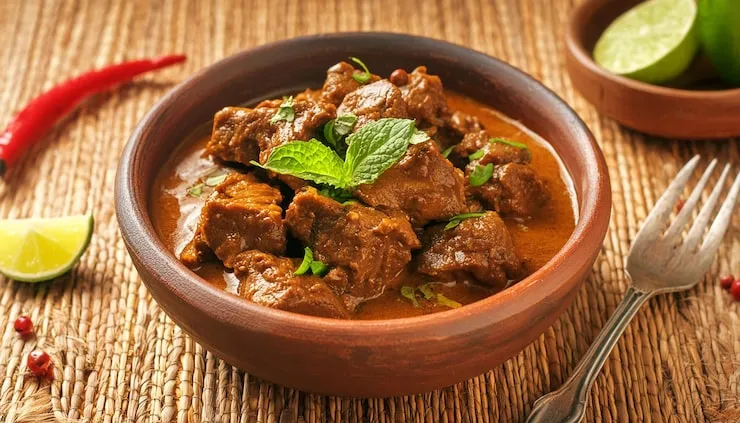
It’s fascinating how Bengali meals follow an unspoken rhythm. There’s no calendar that dictates it. But somehow, families across towns, cities, and even continents follow this cycle.
One day is for meat, one for cleansing, one for fish, one for something nostalgic. Every plate carries a purpose. A mood. A message.
Food, in Bengal, is not seasonal or trendy. It’s deeply tied to the emotional landscape of the week. This relates to how our body feels and how we need to nourish our hearts. You’ll find the same pattern in ancestral homes in Shantiniketan as you will in high-rise apartments in Mumbai or New Jersey.
Even the names of these dishes spark memory. Alu posto makes someone recall their grandmother's hands grinding poppy paste. Kosha mangsho gives someone memories of Sunday family meals when relatives would come over unexpectedly. What about Shukto, That brings back the quiet discipline of school days and early dinners.
Modern Life, Same Hunger
Sure, not every Bengali today cooks seven days a week. Life’s gotten busy. Kitchens have gotten smaller. But the desire? The emotional connection? That hasn’t faded.
Young professionals now call their mothers over video chat to ask, "Ma, posto-te ki shorshe debo?"
YouTube videos recreate pithe recipes. Instagram chefs add modern twists to labra. But the core remains untouched.
Even when food comes in boxes, or is eaten on a desk between meetings, Bengalis still crave those familiar flavors. A spoonful of doi maach can still feel like a pause. A reminder. A hug.
Final Thoughts: The Bengali Week is Cooked, Not Just Lived
A week in Bengal isn’t marked by deadlines. It’s marked by smells.
- By the sharp hit of mustard oil on Sunday.
- The gentle bitterness of shukto on Monday.
- The nutty comfort of posto on Wednesday.
- The luxurious calm of fish on Friday.
- The quiet grace of labra and chutney on Saturday.
These meals, repeated week after week, are not routines. They’re rituals. Sunday’s mutton brings family together in a way words never can. Monday’s bitter shukto reminds you that healing has flavor too. Posto in the middle of the week is like a breath between chaos, and fish on Fridays is not indulgence , it’s emotion.
Even the humblest Saturday meal has soul. Here, nothing is simply food. It's how we keep connected to who we are, where we came from, and the hands that nourished us.
While the rest of the globe logs hours, Bengalis cook their way through the week. One pot at a time. One feeling at a time. And long after the meal is over, the memory stays.



